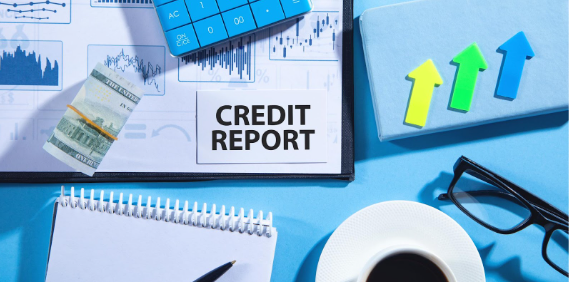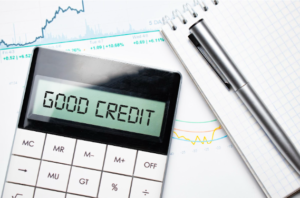
Why You Should Check Your Credit Report
Your credit report shows you how you have managed your credit in the past. This information contains credit account details, payment history, defaults or any form of insolvency. Lenders use your credit score, which is a summation of your credit history, to assess your creditworthiness.
Why Should You Regularly Check Your Credit Report?
Understanding your credit history
For a variety of reasons, it’s crucial to routinely check your credit report. First, it can help you understand your credit history and score. When you apply for a loan or credit card, this information might be useful since lenders will use it to decide whether to sign off on your loan application and to also decide what interest rate you deserve or are entitled to.
To spot and stop identity theft
Also, monitoring your credit report might aid in spotting and avoiding identity theft. Your identity may have been stolen if you see any illegal credit accounts or enquiries on your credit record. You can make efforts to safeguard your credit and identity by monitoring your credit report frequently for any early indications of identity theft.
To fix errors
Third, reviewing your credit report might assist you in finding and fixing issues. incorrect account information or dates of payments are two examples of inaccuracies that may appear in credit reports. You can dispute any mistakes you notice on your credit report with the credit bureaus.
How Can You Check Your Credit Report?
Any of the two main credit bureaus (Equifax and TransUnion) offers a free copy of your credit report once a year. Your credit report can be obtained by phone, mail, or online request.
Once you have your credit report, carefully check it for any mistakes or unusual activities. If you discover any mistakes, report them to the credit bureaus. If you see any suspicious activity, contact the credit bureaus and the financial institutions involved to investigate.
Tips for Improving Your Credit Score

If your credit score is not as good as you would like it to be, there are several things you can do to improve it.
Here are four recommendations for raising your credit score.
Each month, pay all of your bills on schedule and in full
As much as possible, pay all your bills in full or at least make minimum payment to avoid late payment that can affect your credit score.
Keep your credit utilization low
This is the most significant aspect of your credit score. Your credit history and score may suffer if you miss payment, skip or pay late. Create a budget and calendar so you can keep track of when your bills are due in order to prevent late payments. Set up automated payments for your bills or build a budget and calendar to keep track of when your bills are due to avoid late payments.
Refrain from getting many new credit accounts
A hard inquiry is made on your credit record each time you request a new credit account. Your credit score can be lowered if you make lots of hard inquiries within a short time.
If you are planning to apply for a loan or credit card, try to do it all at once to minimize the number of hard inquiries on your credit report.
Don’t close your credit accounts even if you’re not using them
Your credit score has the tendency of increasing with a longer credit history. This is so that lenders can observe your long history of responsible credit management. Keep outdated credit accounts that aren’t being used open if at all possible. However, if you are paying an annual fee for an unused credit card, it may be worth closing it.
How to Use Credit Wisely

As much as everyone wants to be free from borrowing, if you want to build a good credit score, you need to use credit. However, you may find yourself on the wrong side of the spectrum when you are unable to meet up with payments.
Therefore, when you want to obtain credit, ask yourself, why? Do I need to? Can I pay back fully? When you hold yourself accountable and do a regular review of your finances, you will be able to prevent yourself from obtaining credit unnecessarily.
Know the difference between what is a need and what is just a mere want. And remember, the most important thing to do when you obtain credit is never to miss payment.
Conclusion
Checking your credit report regularly is an important part of managing your finances. Don’t forget you can check for free annually from any of the main credit bureaus.
Multiple debts can make anyone lose their sleep and esteem. But you don’t have to keep losing your sleep. At EmpireOne Credit, we have debt experts who are experienced and would listen to you without judging you. Your debt can be reduced by up to 80%, and interest will stop immediately. Call us at (416) 900-2324 to schedule a free consultation with us. Being debt-free feels good!





